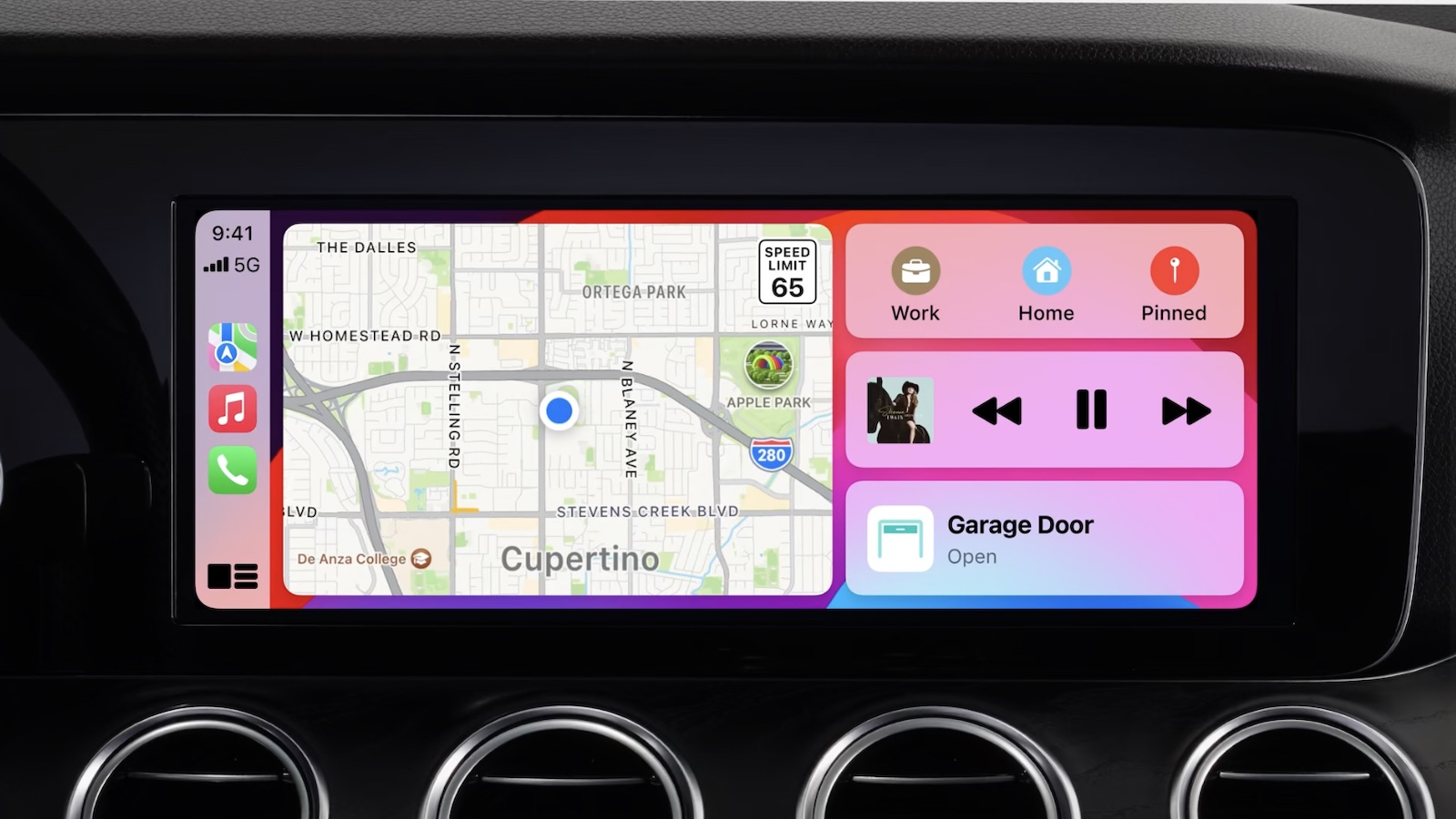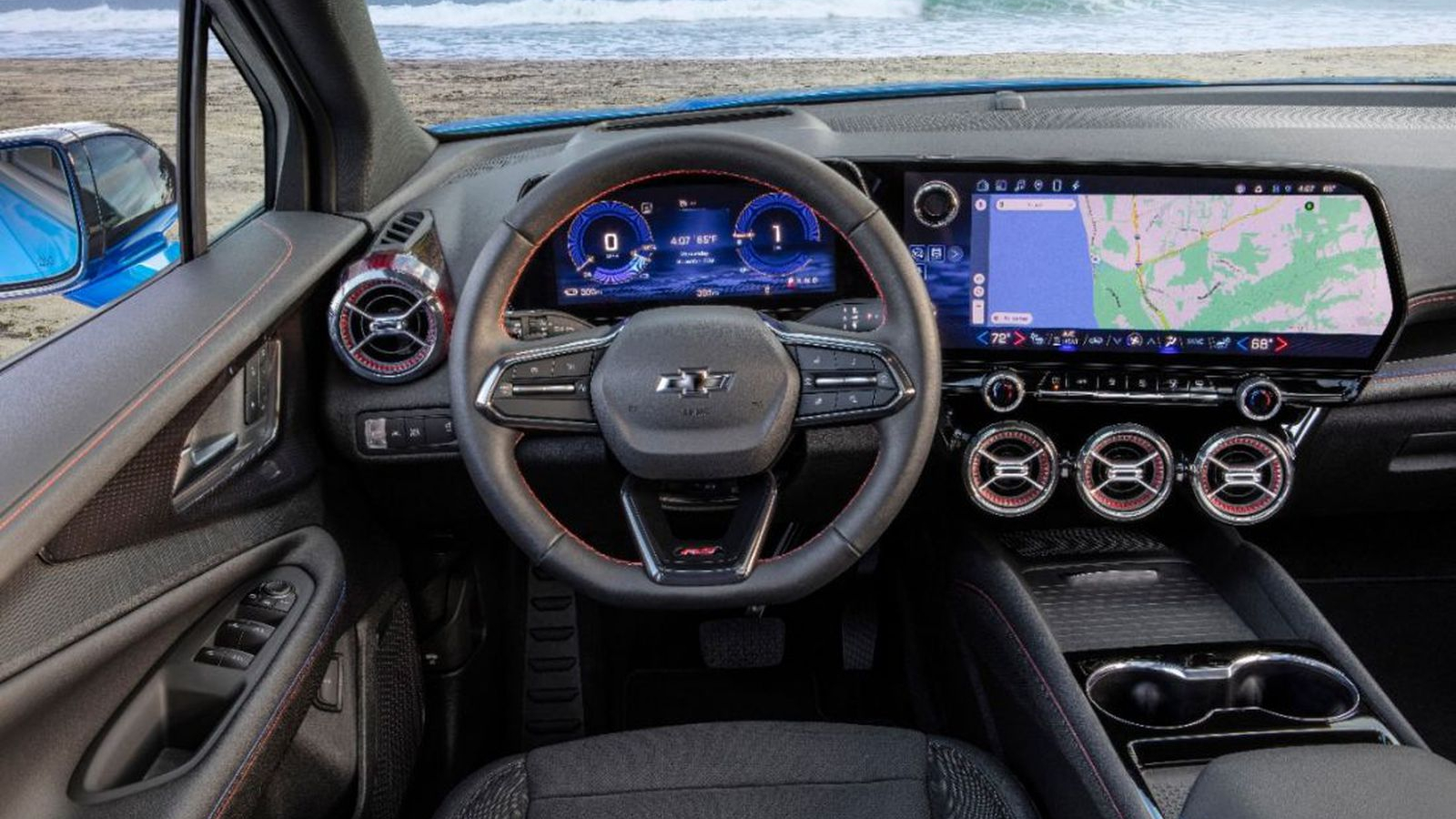![]()
American automaker General Motors (GM) last year announced it would be
phasing out support for CarPlay and Android Auto in its new electric vehicles, in favor of its own software platform called Ultifi. The decision has been very controversial, as many drivers consider CarPlay to be a must-have feature in a new vehicle. In 2022, for example, Apple said 79% of U.S. buyers would only consider a vehicle that works with CarPlay.
To make matters worse, GM's rollout of Ultifi went rather poorly, with some early reviewers of the Chevrolet Blazer EV last year experiencing technical issues with the platform. Some of those problems have since been resolved, but it is clear that the automaker might not be as effective at developing software as a tech company like Apple.
In a
statement shared with MacRumors last year, GM said its software strategy is "driven by the benefits of having a system that allows for greater integration with the larger GM ecosystem and vehicles." In other words, the automaker wants to control the entire in-vehicle experience, which is both a reasonable and a risky decision.
In a recent interview
with The Verge's Nilay Patel, GM's senior vice president of software Baris Cetinok further attempted to defend the automaker's decision to phase out CarPlay. Cetinok worked at Apple between 2012 and 2021, helping to spearhead the launch of Apple Pay, Find My, iCloud Drive, and more, according to his LinkedIn profile.
Cetinok joined GM months after it announced its decision to phase out CarPlay and Android Auto, but unsurprisingly he stands by the automaker's decision. He told Patel that GM believes with "strong conviction" that creating its entire in-vehicle experience provides "a better customer experience" with "end-to-end magic."
2024 Chevrolet Blazer EV with GM's Ultifi software platform
"But we have a strong conviction that effort pays off in a better customer experience," said Cetinok, speaking
on the Decoder podcast. "You get the most out of your vehicle because now we're the company that builds the vehicle and is also creating the infotainment experience, the cluster experience, the app, and everything. We're going to build that one day and maybe a voice assistant on top of it. The only way you can create that end-to-end magic is to have a strong conviction that you want to own all of these."
He said GM wants to offer a seamless experience that does not require having to switch in and out of phone mirroring systems like CarPlay and Android Auto.
"When you want to create something so seamless, it's hard to think about getting into a car and going, 'Okay, so I'm doing highway trailering, but let me flip to a totally different user interface to pick my podcast,'" said Cetinok. "By the way, it's a single app-obsessed interface — it's still hard to believe. So I pick my podcast, flip back to trailering. Oh, now I can also do Super Cruise trailering. Let me manage that. Then, wait, we're now getting into potentially Level 3, Level 4 autonomy levels that should be deeply integrated with talking to the map where the lanes lie. But wait a minute, the map that I'm using doesn't really talk to my car."
The full transcript of the interview with more CarPlay commentary is available
on The Verge.
Article Link:
GM Again Attempts to Explain Its Decision to Drop CarPlay in New EVs




